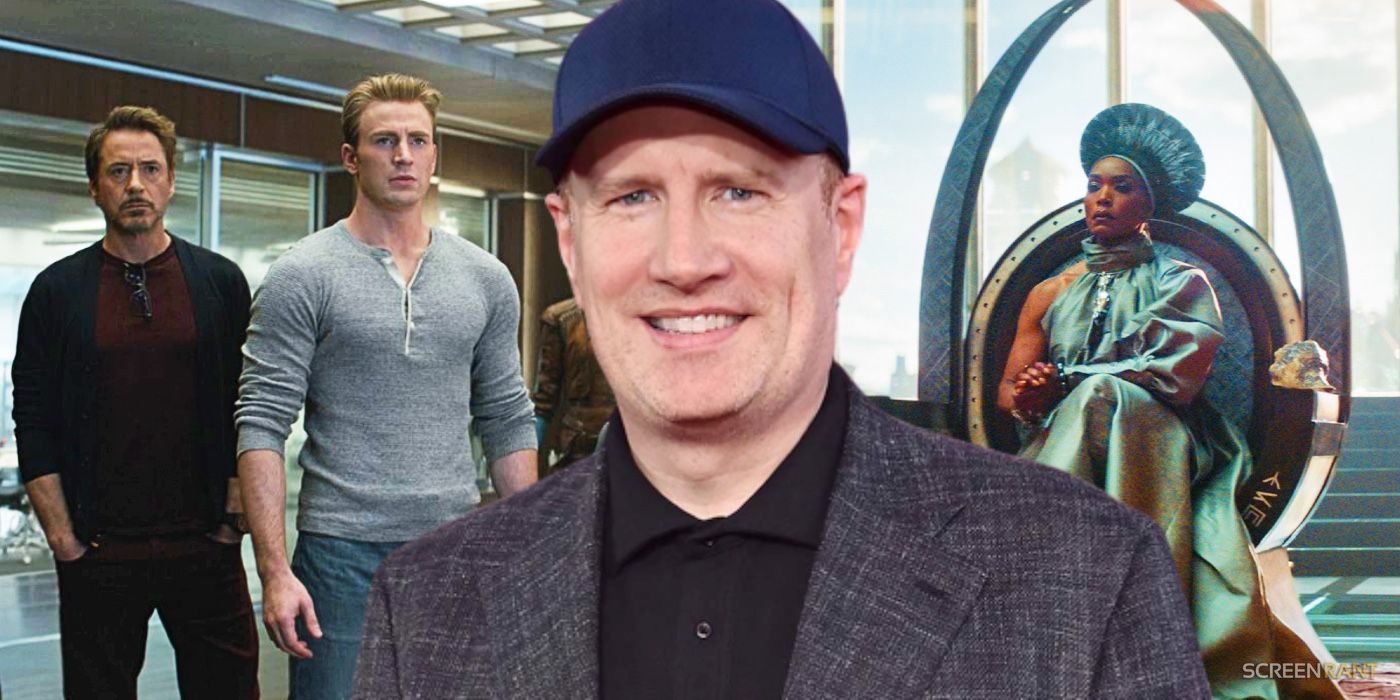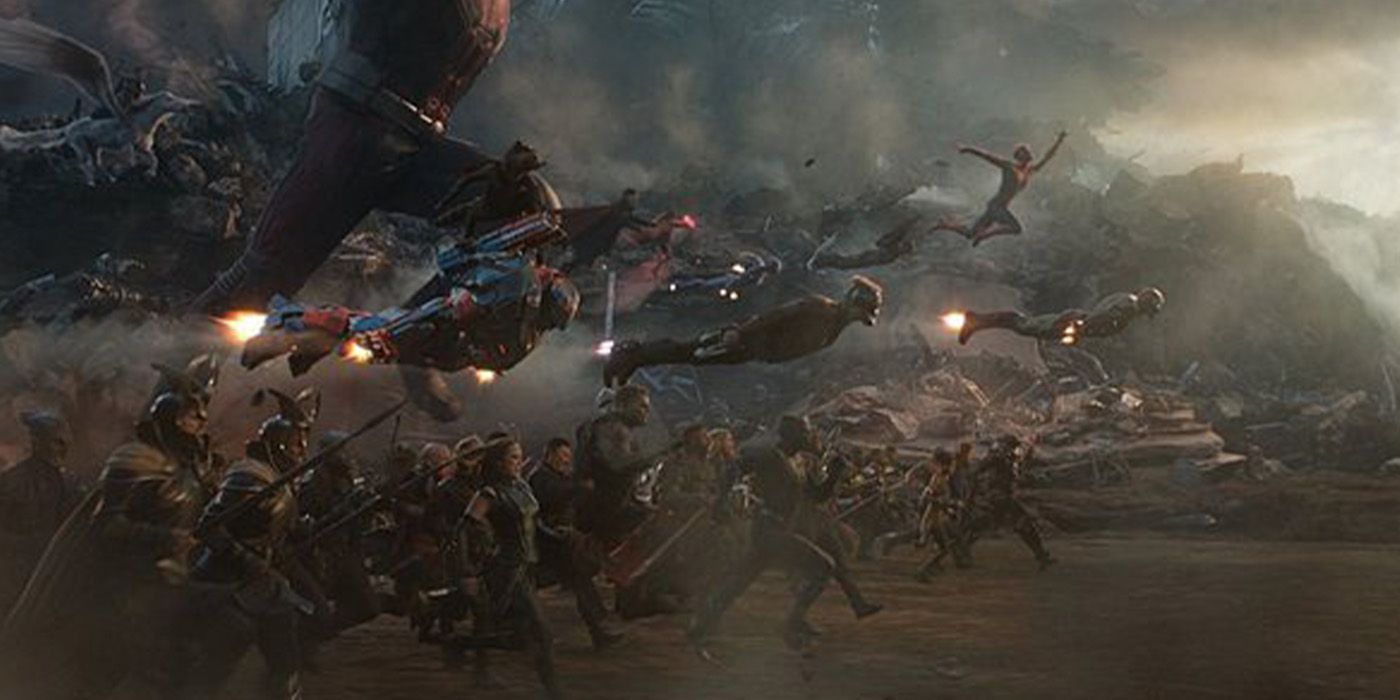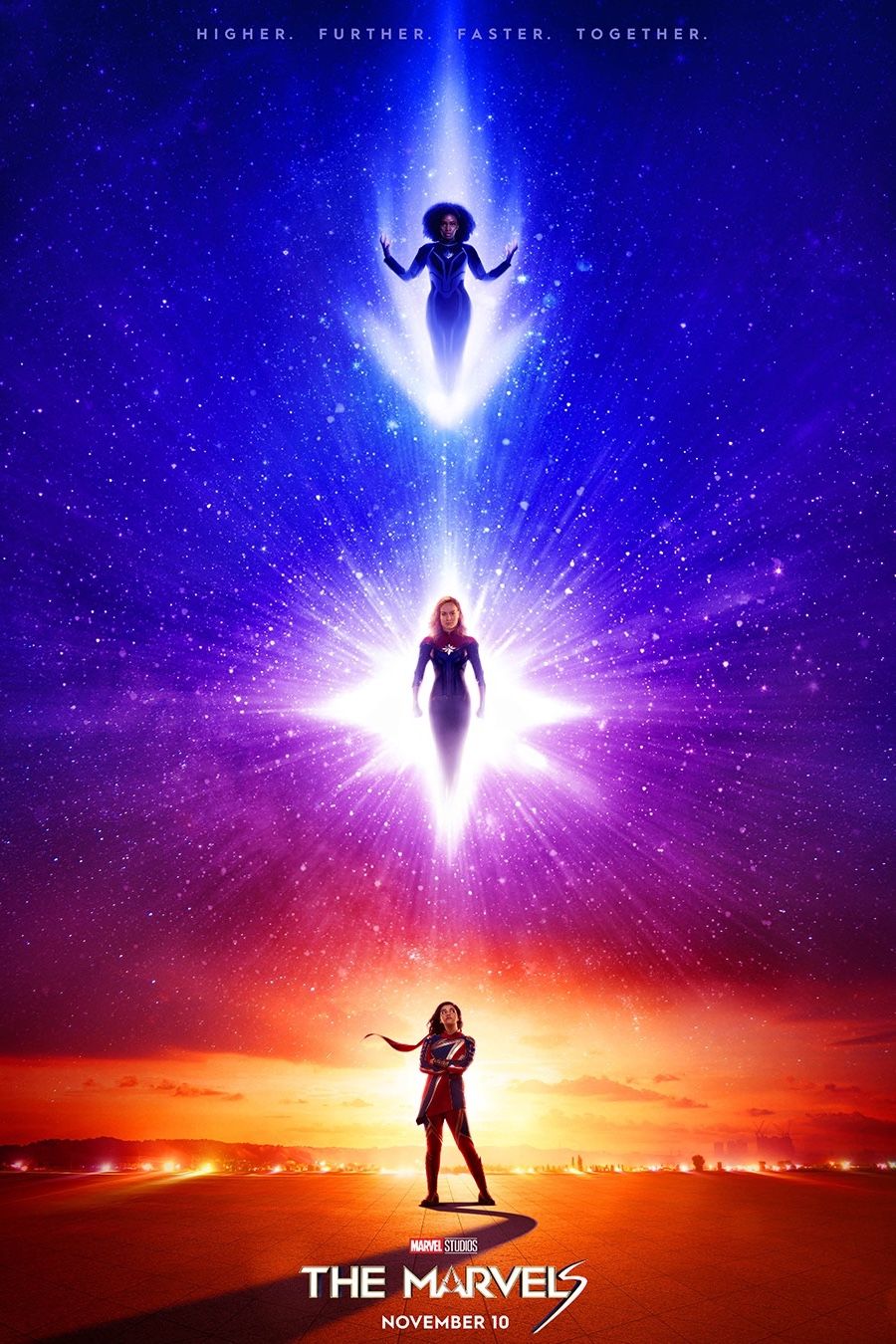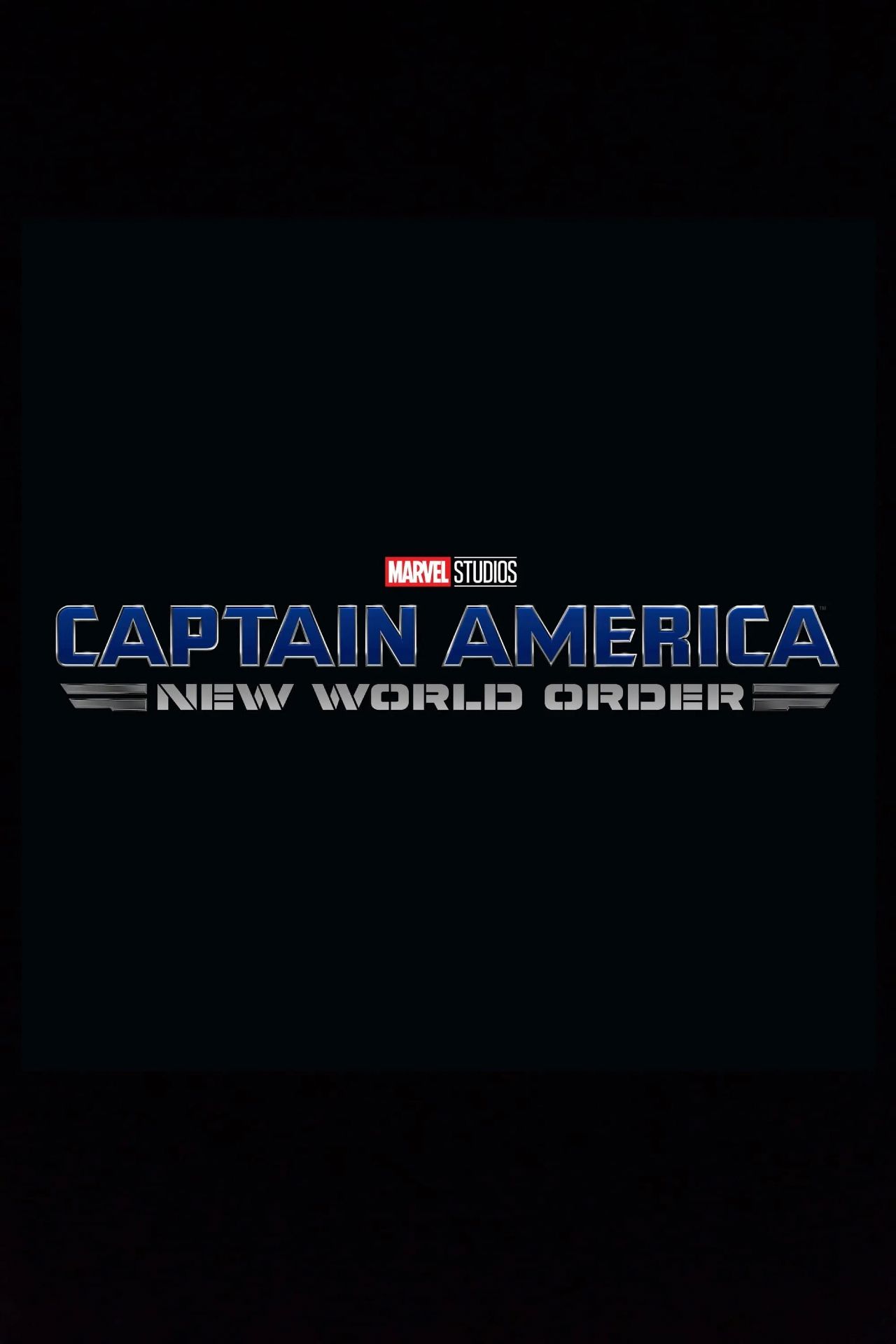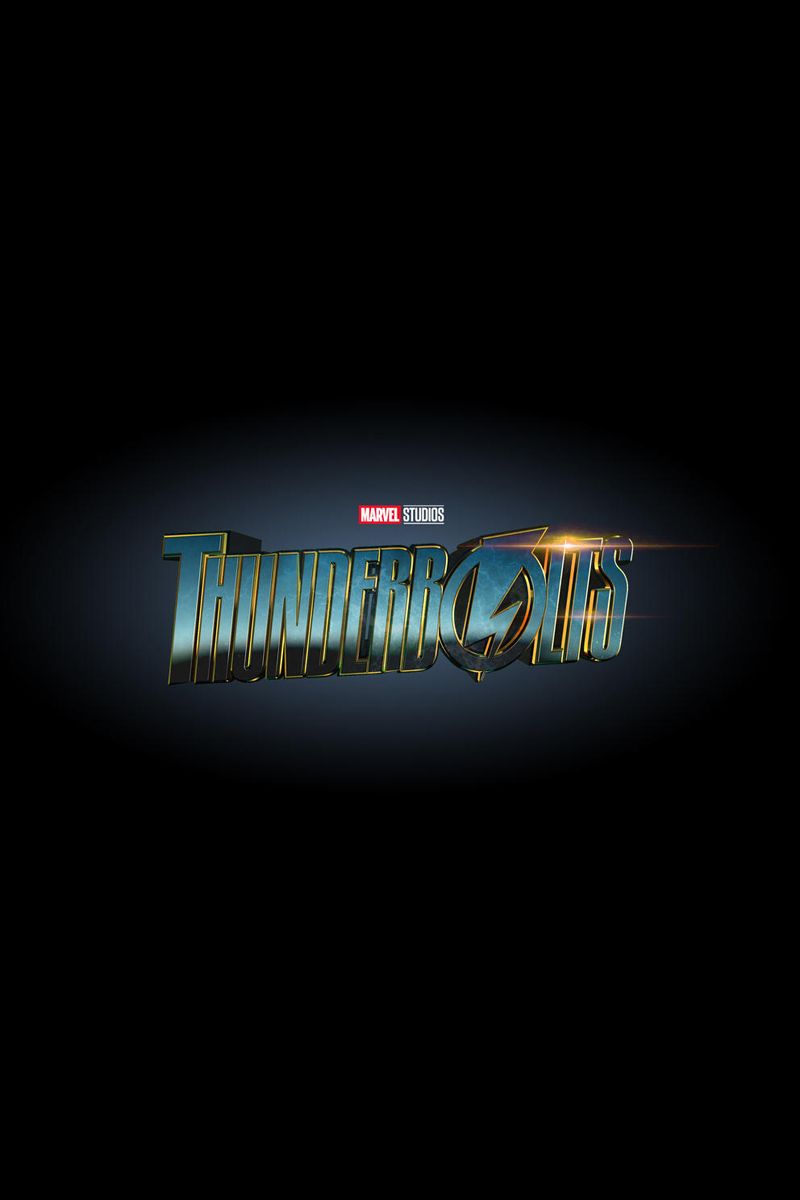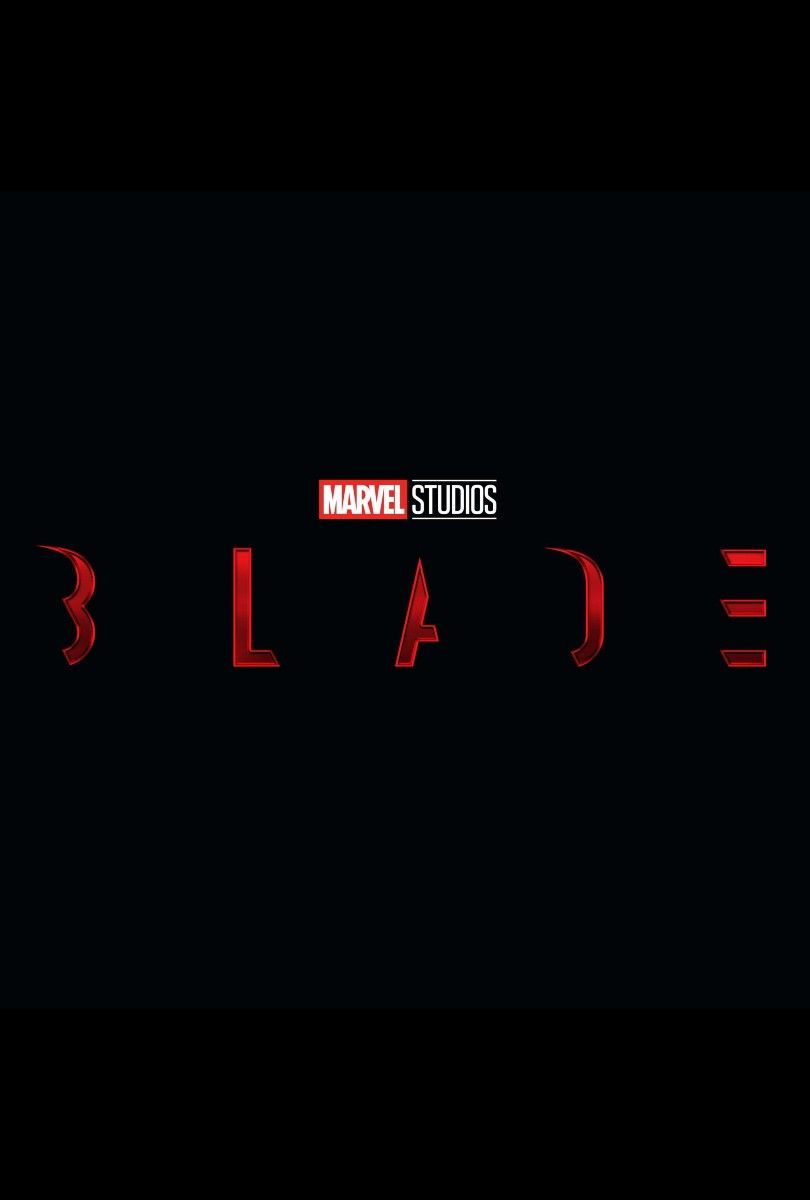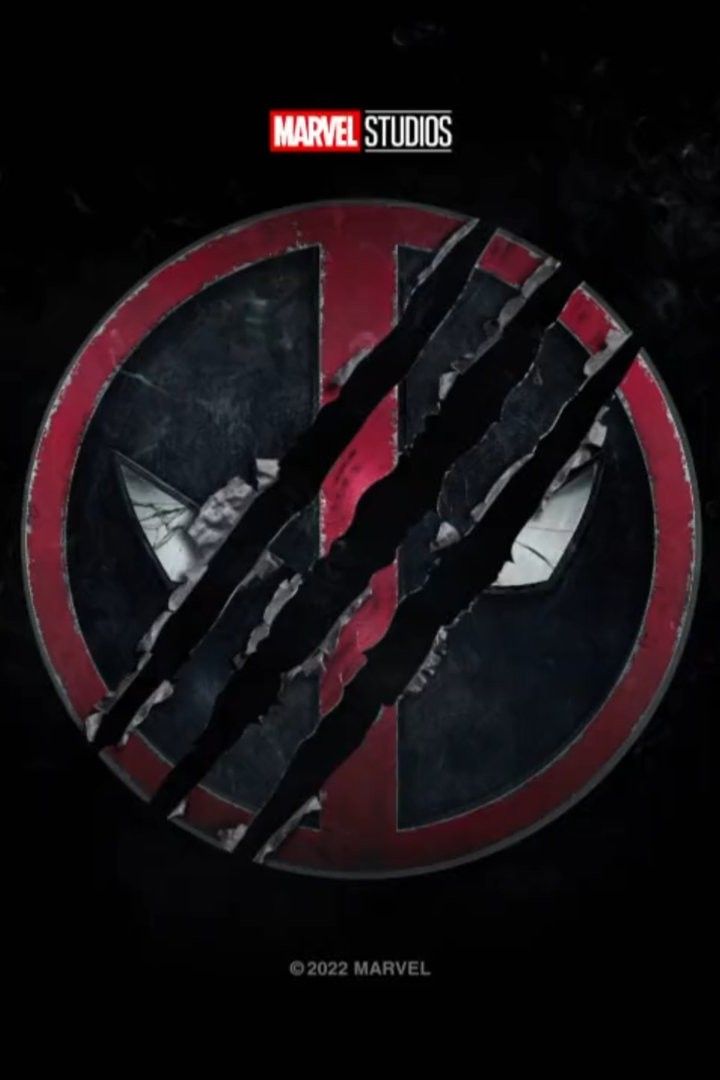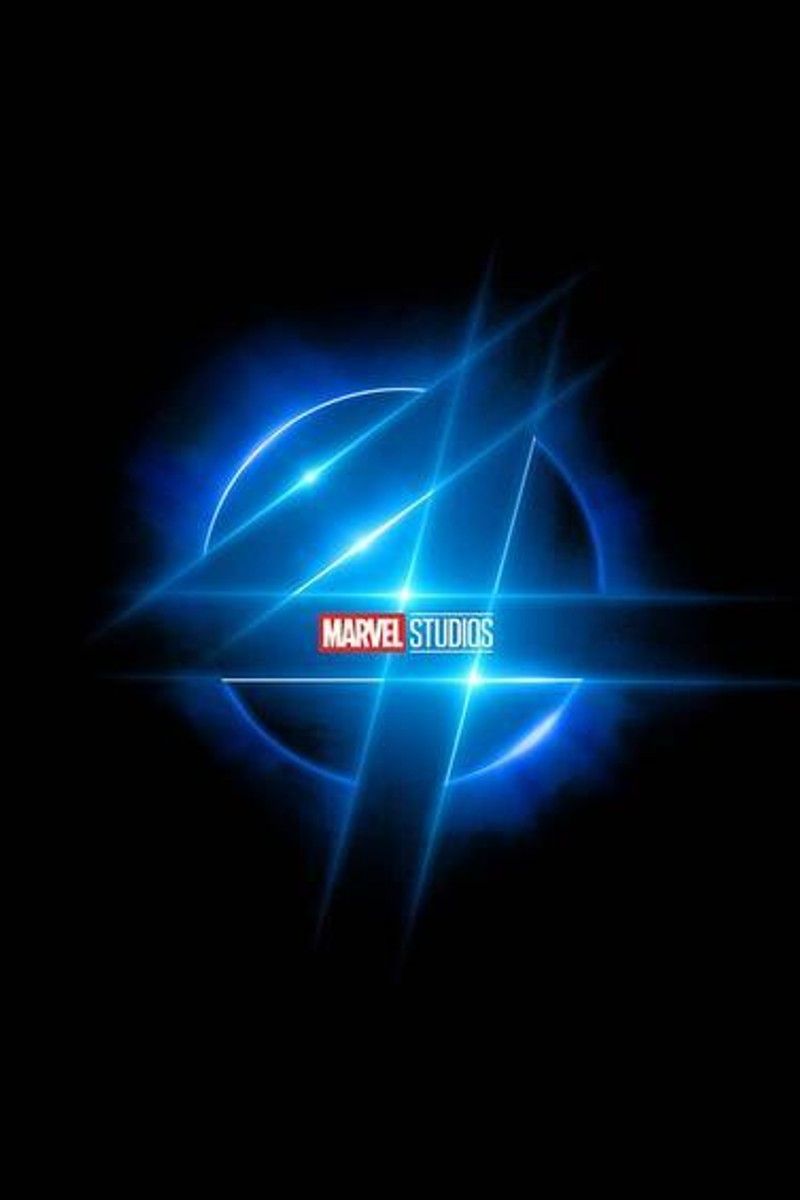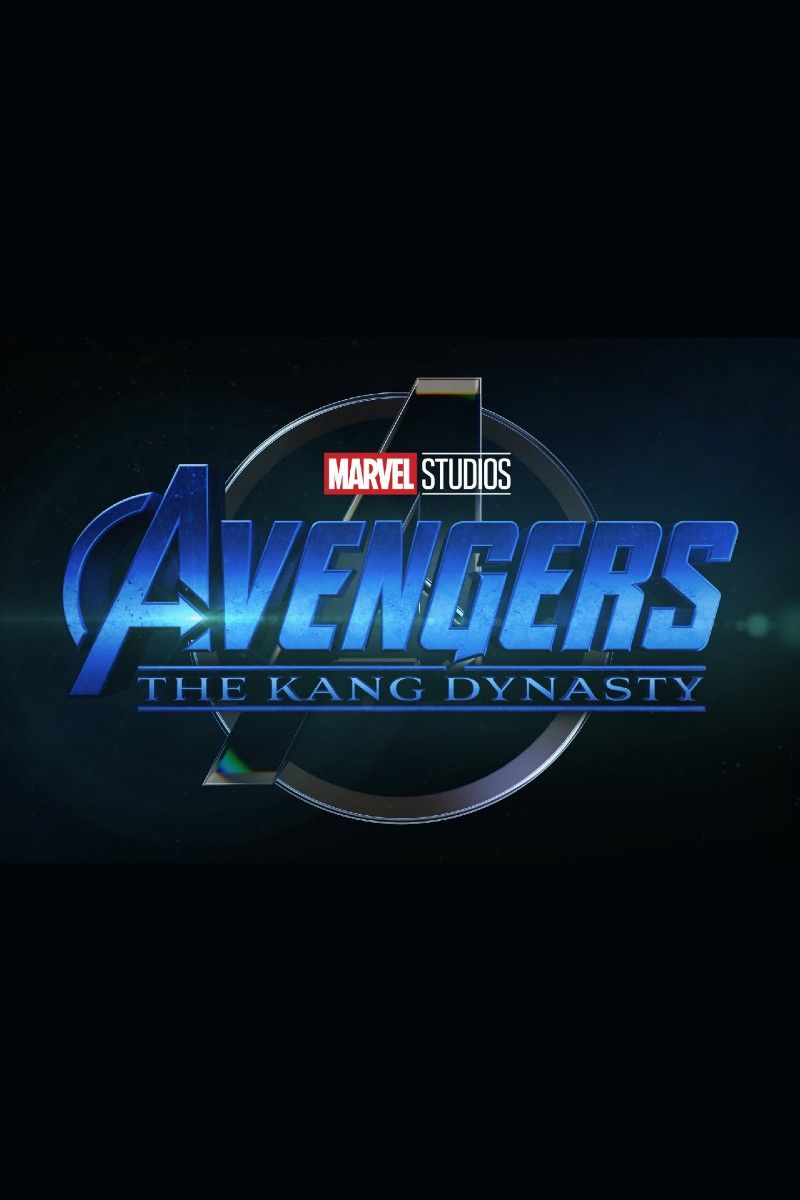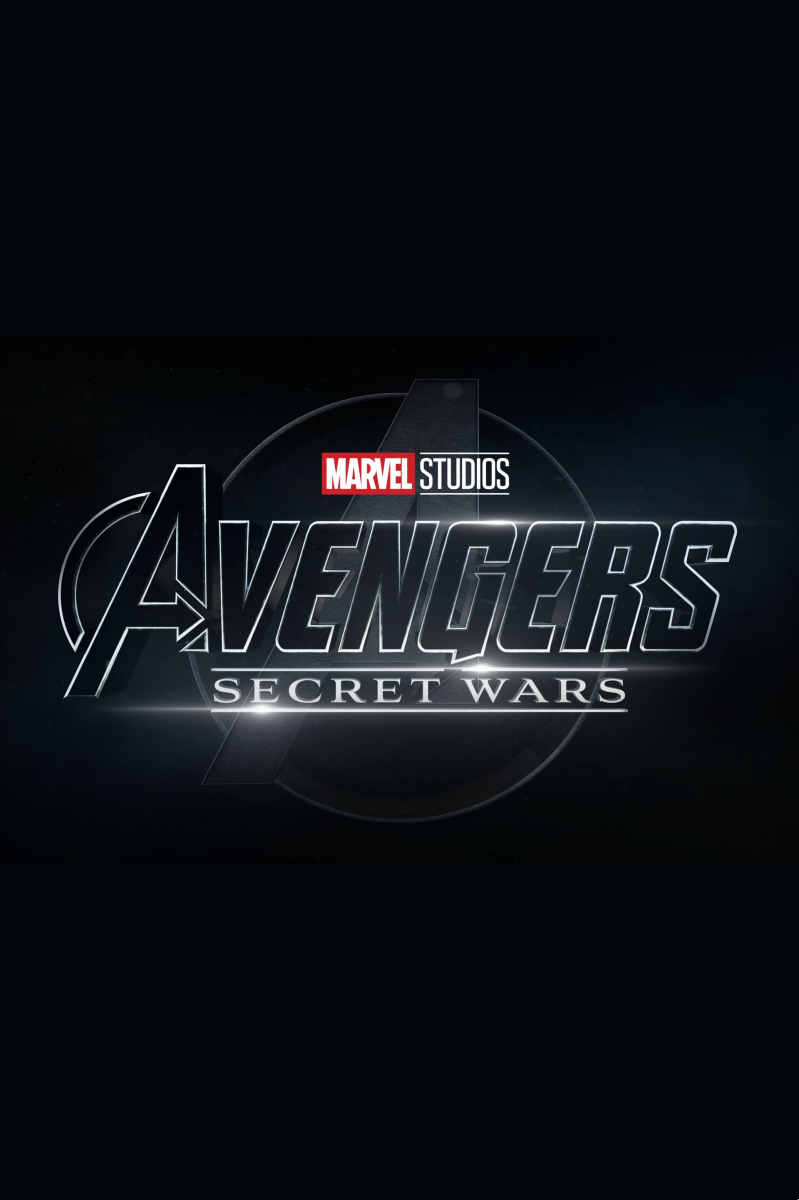Kevin Feige and Marvel Cinematic Universe producer Nate Moore push back against detractors and explain why comic book movie critics are wrong. After the success of the Infinity Saga, Marvel Studios are now in the middle of building its next big narrative in the Multiverse Saga. Phase 4 ended with Black Panther: Wakanda Forever and Phase 5 is about to kick off with Ant-Man and the Wasp: Quantumania. Before that, however, the heads of Marvel Studios take the time to comment on the continued backlash that the MCU and the comic book movie sandbox are getting as a whole.
Feige sat down with Moore, alongside Black Panther: Wakanda Forever director Ryan Coogler and writer Joe Robert Cole in an episode of Wakanda Forever: The Official Black Panther Podcast. Feige and Moore, in particular, touched on the matter which diminishes the value of MCU and other franchises just because they are comic book films, both pushing back against critics. Moore specifically referred to their movies being "theme parks" — a comparison that Martin Scorsese made in 2019 about the MCU. Read their quotes below:
Kevin Feige: There were some people, who couldn’t get past a four-color, printed, two-dimensional story. You know, they just couldn’t do that. Just like today, dare I say it. The people who can’t get past a genre story or something that’s in space, or people who can breathe underwater. ’No, not for me.’
Nate Moore: 'That's a theme park,' but really, we're just standing on the shoulders of the creators who came before us, who laid the groundwork for all this stuff.
Why The MCU & Comic Book Movies Have Become So Popular
While the MCU and other comic book movies have had their detractors before, this particular discussion really started when Scorsese made his controversial comment about the MCU supposedly "not cinema," His comment quickly gained traction, with other fellow filmmakers backing him up including fellow Italian-American filmmaker Francis Ford Coppola and more recently, Quentin Tarantino. Marvel Studios talent and others who enjoy the genre have also shared their two cents on the matter — many of them acknowledging the filmmakers' right to their opinion, but shouldn't be in a way that demeans or invalidate films and stories that don't appeal to them.
Long before the MCU shot to fame, however, comic book movies already existed, although most of the better ones came from Warner Bros. and DC with Richard Donner's Superman and Christopher Nolan's Batman Begins, with The Dark Knight released in the same year as Iron Man — Marvel Studios' sleeper hit, which paved the way for the MCU. Timing was a critical element in the success of the Jon Favreau movie as the advancement of CGI has essentially made the film possible. From Iron Man's success, Marvel Studios built up the MCU with the promise of an interconnected universe which featured its first big payoff in The Avengers. Soon after seeing the success of Feige and his team, other studios tried to mimic both its business and creative models, resulting in an influx of franchises.
The conversation regarding how the Marvel Cinematic Universe and other comic book movie impacts the overall health of the industry will likely continue as long as the genre thrives. However, 2022 proves that they aren't the only films that can dominate at the box office with James Cameron's Avatar: The Way Of The Water and Joseph Kosinski's Top Gun: Maverick both raking in big profits for Disney and Paramount, respectively. These movies demonstrate that if done right, both comic book movies and other genres can co-exist, and even boost people's movie's going experience as they offer the public options.
Source: Wakanda Forever: The Official Black Panther Podcast

